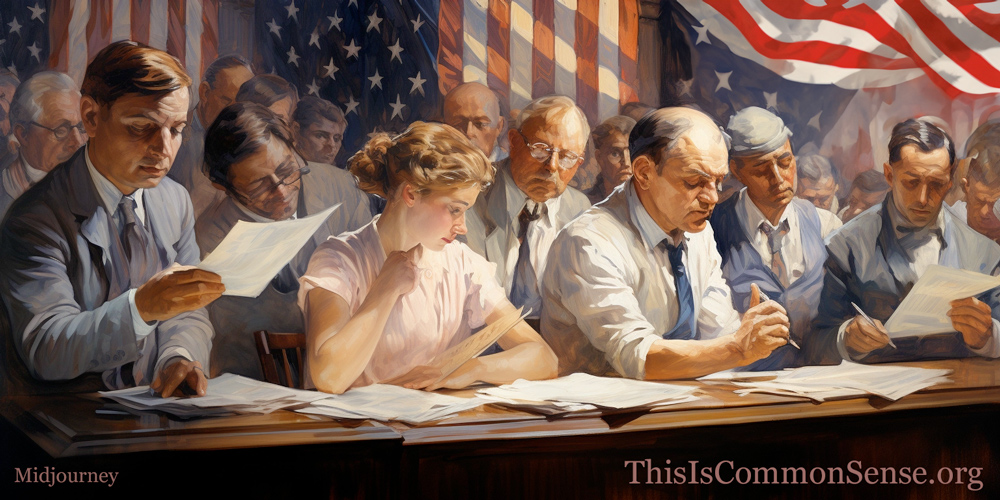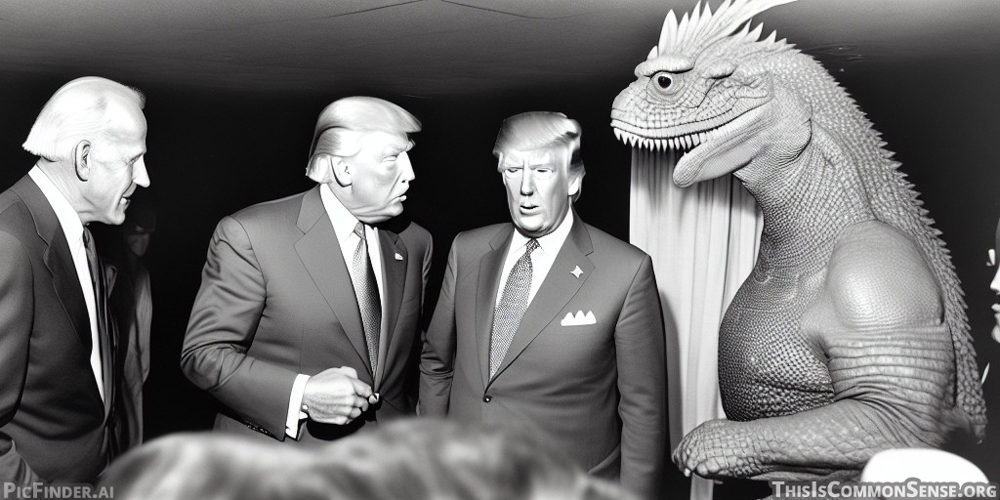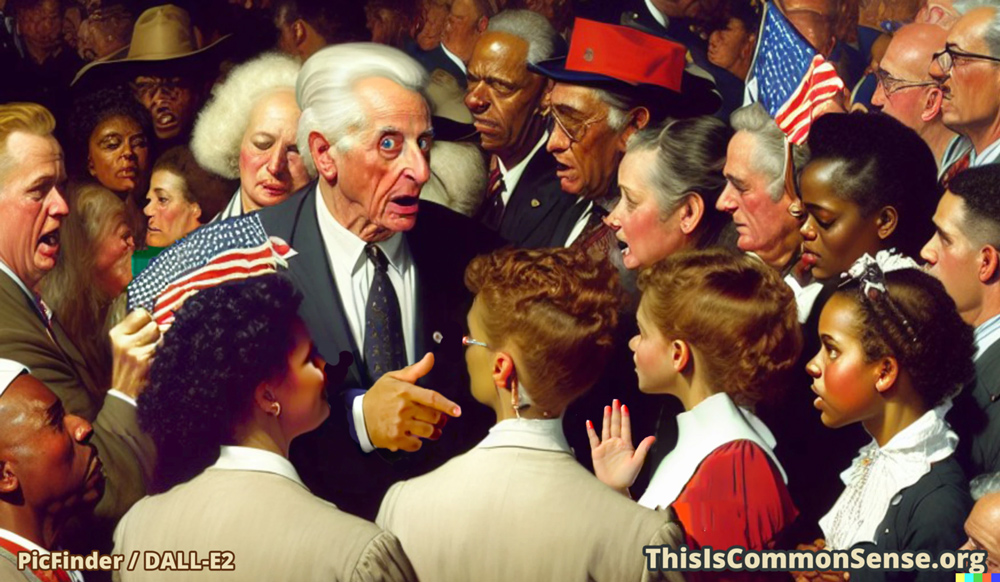In December 2020, True the Vote helped Georgians to file elector challenges “based on data showing over 364,000 voters appeared to be ineligible to vote due to change in residency.”
Section 21 – 2‑230 of Georgia Code Title 21 states that any elector “of the county or municipality may challenge the right of any other elector of the county or municipality, whose name appears on the list of electors, to vote in an election.”
Nevertheless, Fair Fight Action, the group founded by Stacey Abrams, sued True the Vote for allegedly intimidating voters.
That suit has now been thrown out.
In a 145-page ruling, Judge Steve Jones questioned aspects of TTV’s strategy. But he concluded that “there is no evidence that Defendants’ actions caused (or attempted to cause) any voter to be intimidated, coerced, or threatened in voting.”
According to True the Vote attorney Jake Evans, the decision “establishes that eligibility challenges under Section 230 are a proper method to ensure voter rolls are accurate.”
In a formal statement, True the Vote said that the court has “affirmed that citizens have the right to lawfully petition their government in support of election integrity without fear of persecution or prosecution.”
Critics of the decision bemoan the encouragement that it will give to organizations seeking to expose voter fraud. And the problem is … ?
It’s not as if filing a challenge under 230 guarantees success; a board of registrars must still determine whether the challenge is valid. Besides, fighting actual ballot fraud is not an attack upon democracy, but a shoring up.
This is Common Sense. I’m Paul Jacob.
Illustration create with PicFinder and Firefly
—
See all recent commentary
(simplified and organized)





